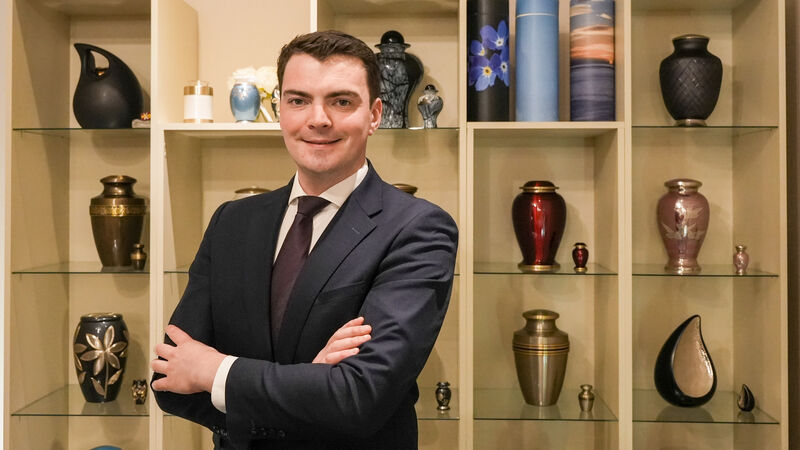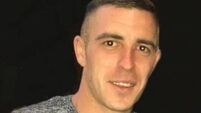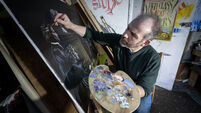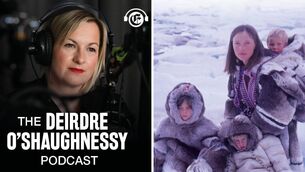Meet the new generation of Irish funeral directors reshaping a traditional industry

Joe Twomey is among a growing number of first-generation funeral directors changing the face of the industry. In recent years, he quit his lucrative career in quantity surveying for a vocation he had long dreamed of. Picture: Noel Sweeney
At an age when most boys idolise footballers, Joseph Twomey recalled sending fan mail to a funeral director whose career he had been following for some time.
The 27-year-old said that working in O’Connors Funeral Home in Cork’s North Gate Bridge had been a dream of his for as long as he could remember.














